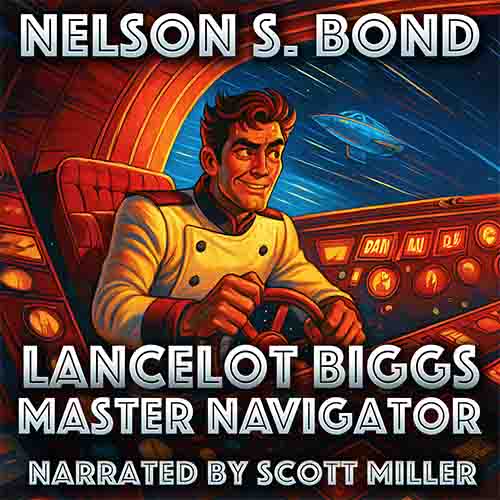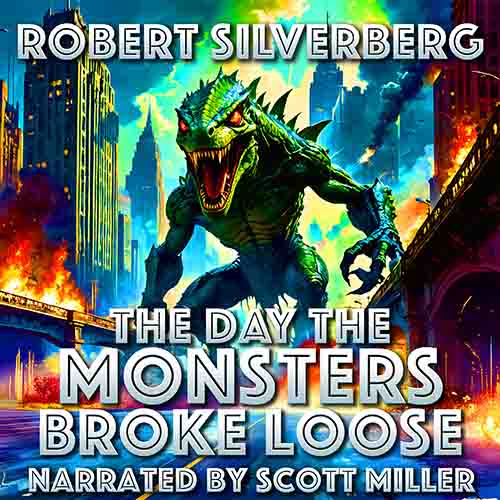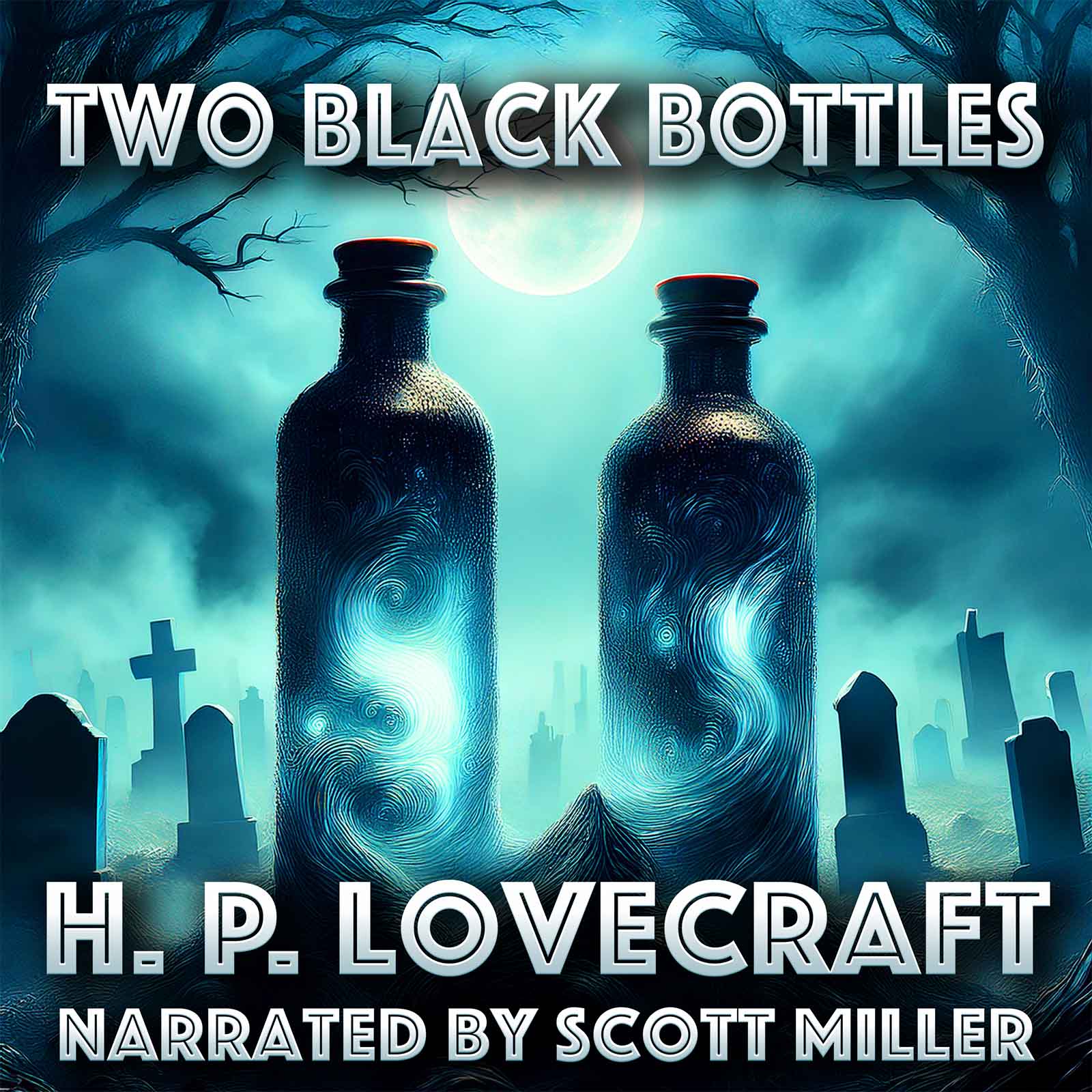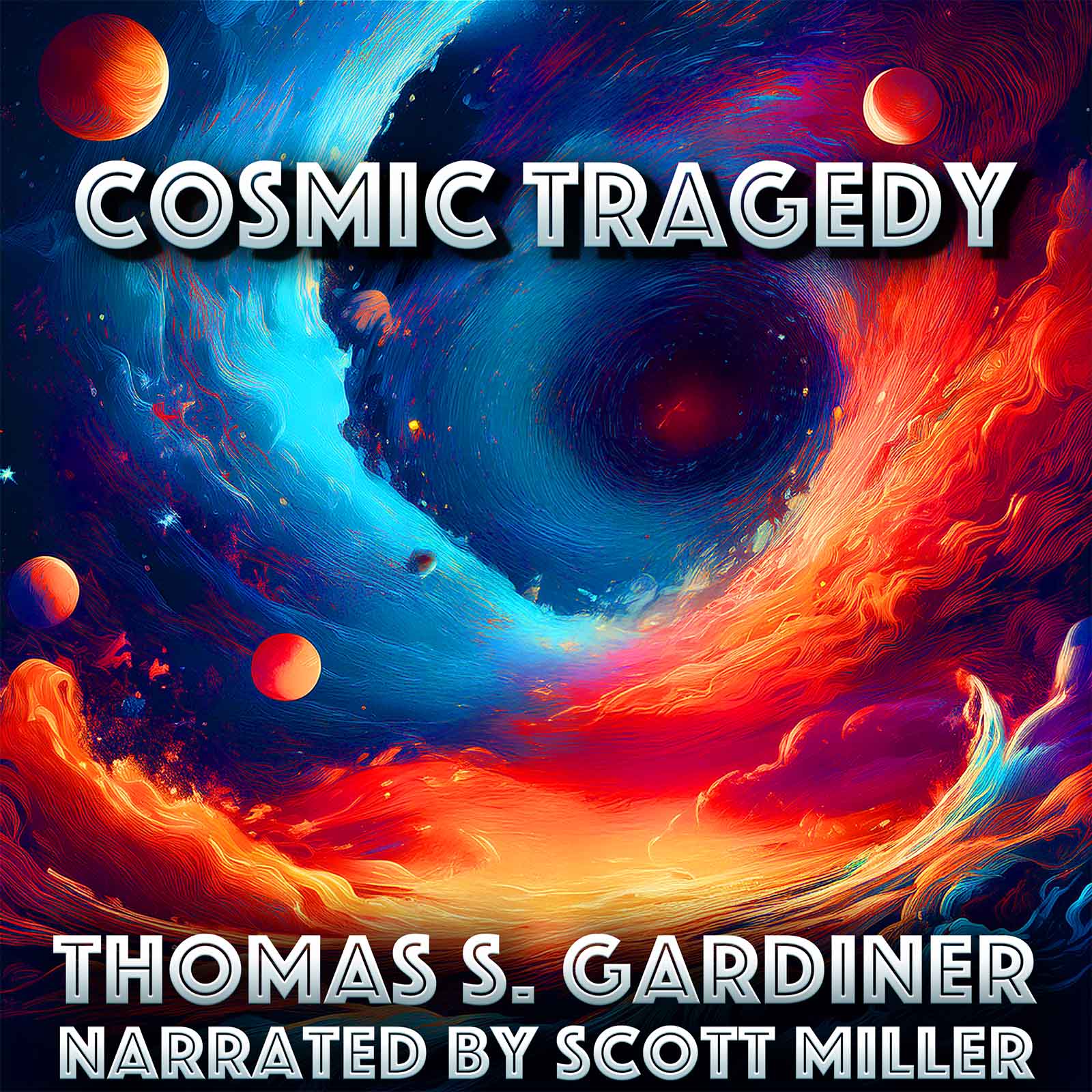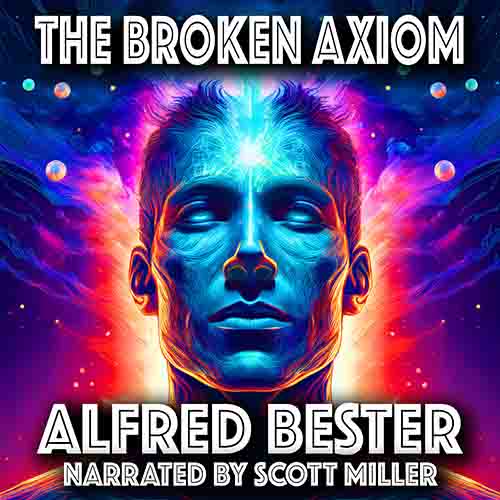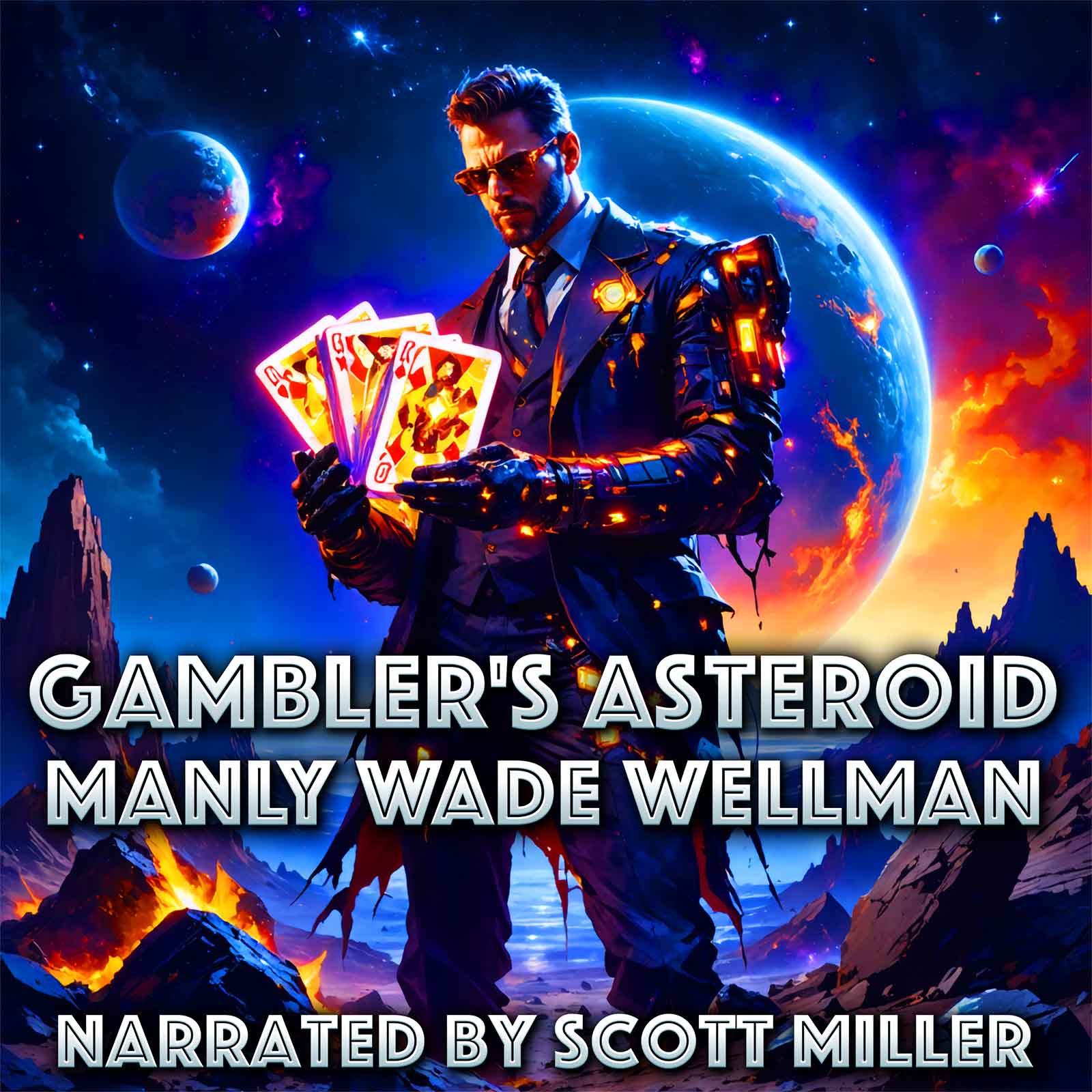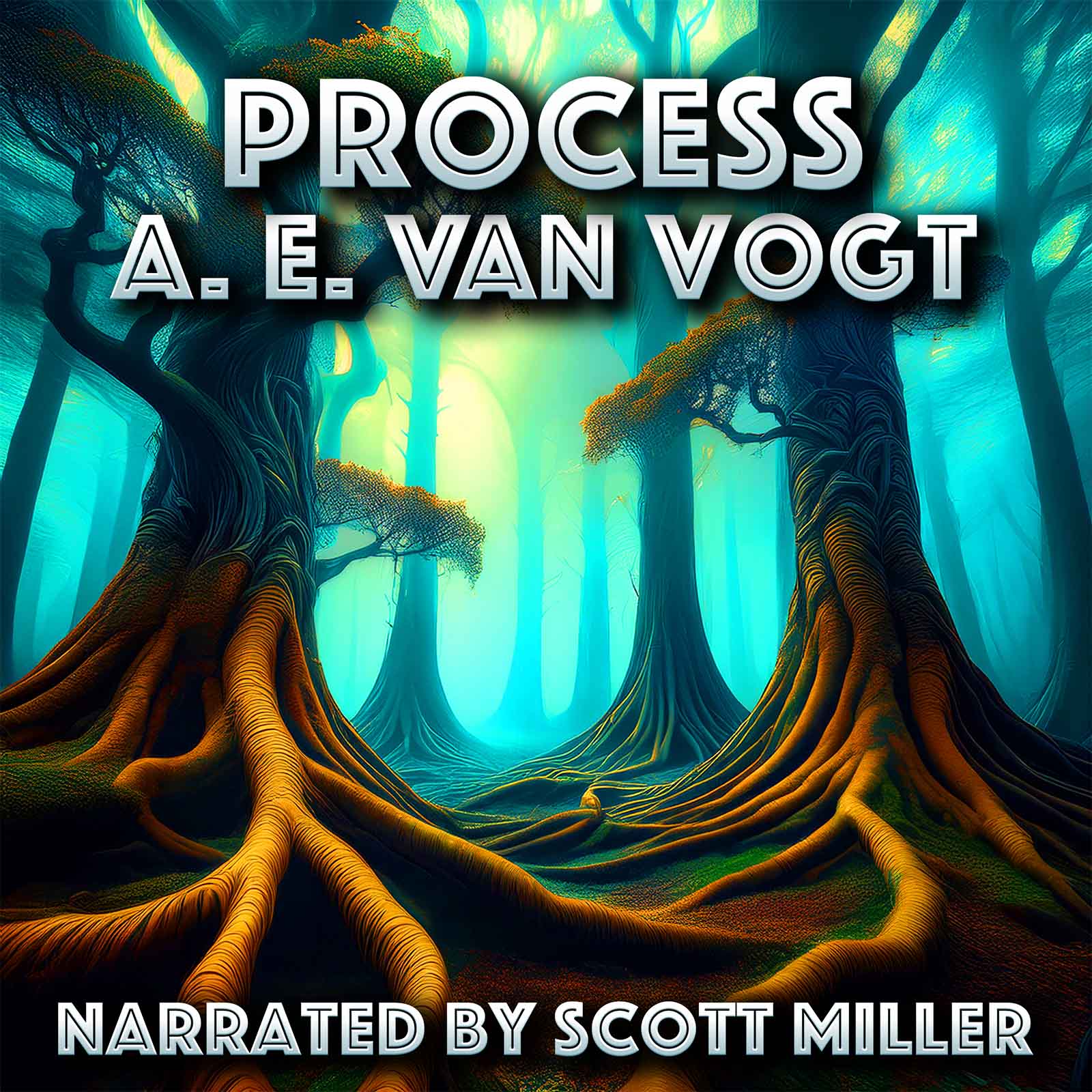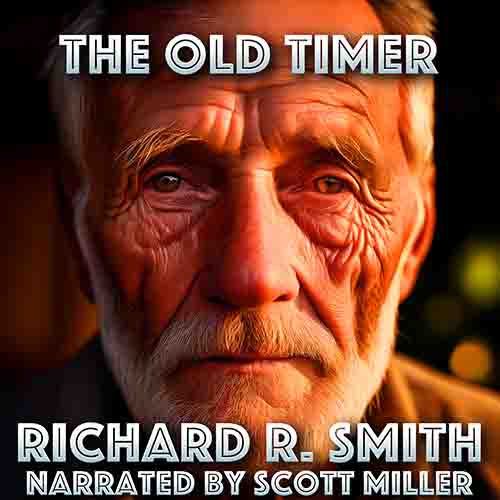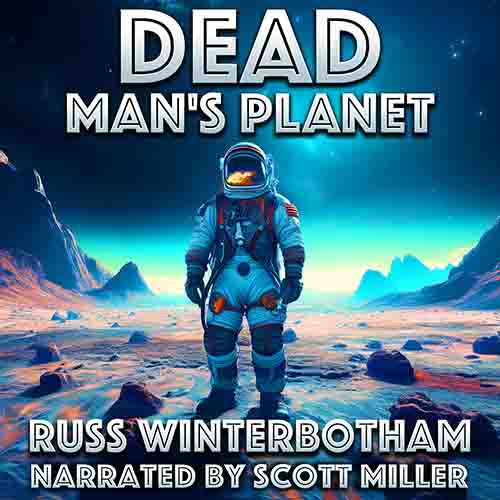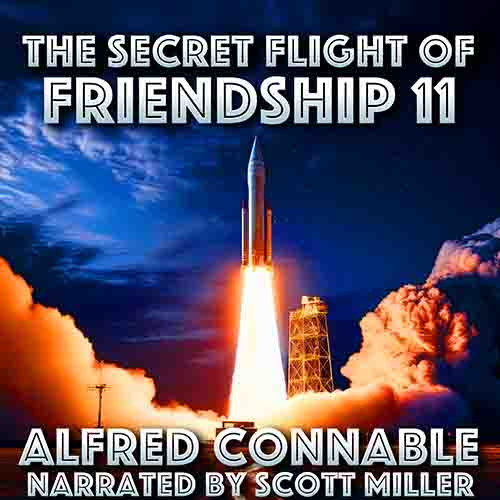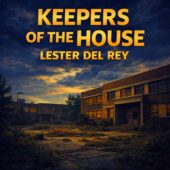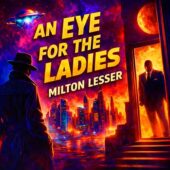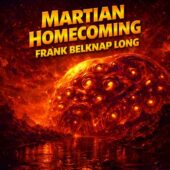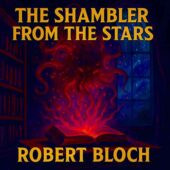Fritz Leiber

Biography
Fritz Leiber (1910–1992) was an American writer of fantasy, science fiction, and horror whose imagination, style, and versatility made him one of the giants of 20th-century speculative fiction. Over a career spanning more than fifty years, Leiber produced award-winning novels, groundbreaking short stories, and influential criticism. He is especially remembered for co-creating modern sword-and-sorcery through his Fafhrd and the Gray Mouser tales, for his pioneering urban horror, and for his thoughtful, stylistically rich science fiction.
Born in Chicago, Illinois, to a family of Shakespearean actors, Leiber grew up immersed in literature, theater, and performance. He studied philosophy and psychology at the University of Chicago, graduating in 1932, and spent several years as an actor before turning to writing. His theatrical background influenced his fiction throughout his life—his characters are vividly drawn, his dialogue sharp, and his prose filled with dramatic flourish.
Leiber’s literary debut came with “Two Sought Adventure” (1939), the first story to feature his most famous creations: Fafhrd and the Gray Mouser, a towering barbarian and a clever rogue whose adventures in the city of Lankhmar helped define sword-and-sorcery as a genre. Written in collaboration with his friend Harry Otto Fischer, these stories fused pulp adventure with wit, irony, and emotional depth. Unlike the solitary heroes of Robert E. Howard, Leiber’s duo relied on camaraderie and flawed humanity. Across dozens of stories, collected in volumes such as Swords and Deviltry (1970) and Swords Against Death (1970), they shaped fantasy’s future, influencing everyone from Michael Moorcock to Dungeons & Dragons.
But Leiber was not limited to fantasy. He was equally adept in science fiction, where he explored psychology, social structures, and cosmic themes. Gather, Darkness! (1943) imagined a rebellion against a theocratic dictatorship and remains a classic of political SF. The Big Time (1958), which won the Hugo Award, was a dazzlingly experimental novel set almost entirely in one room, where time-traveling soldiers on both sides of a cosmic “Change War” rest between battles. Its companion stories, collected as The Change War, explore the manipulation of history with intelligence and irony. Leiber’s short fiction, such as “Coming Attraction” (1950), “A Pail of Air” (1951), and “Ship of Shadows” (1969), show his mastery of idea-driven but deeply human science fiction.
In horror, Leiber became one of the most original voices of the 20th century. He helped pioneer what critics call urban horror, setting his tales not in ancient castles or Gothic landscapes but in the modern city. Conjure Wife (1943), one of his earliest novels, imagined a world where all women secretly practice witchcraft—a sharp blend of supernatural dread and social satire. Our Lady of Darkness (1977), which won the World Fantasy Award, drew on Leiber’s own struggles in San Francisco and created a haunting vision of modern urban magic. His short story “Smoke Ghost” (1941) is widely recognized as the birth of modern supernatural horror, depicting an apparition born from industrial smog and city life.
Leiber’s personal life often wove into his work. He struggled with alcoholism and bouts of depression, and these themes appear in stories like “The Girl with the Hungry Eyes” (1949), where vampirism becomes a metaphor for exploitation and addiction. His honesty about inner demons gave his work unusual psychological resonance.
In addition to fiction, Leiber was an accomplished critic and essayist. His piece “Fafhrd and Me” explored the personal roots of his characters, while his essays on fantasy and science fiction influenced critical understanding of the genres. He coined the term “sword-and-sorcery” in a 1961 essay, defining a new branch of fantasy distinct from high myth and epic.
Leiber’s awards and honors were numerous. He won six Hugo Awards, three Nebula Awards, and two World Fantasy Awards, along with lifetime achievement recognition from both the Science Fiction and Fantasy Writers of America (SFWA Grand Master, 1981) and the World Fantasy Convention. His fiction was celebrated not only for its imaginative scope but also for its stylistic elegance—he brought a literary quality to speculative fiction that inspired peers and successors alike.
Fritz Leiber died in 1992 in San Francisco, leaving behind a vast legacy of novels, short stories, plays, poetry, and criticism.











